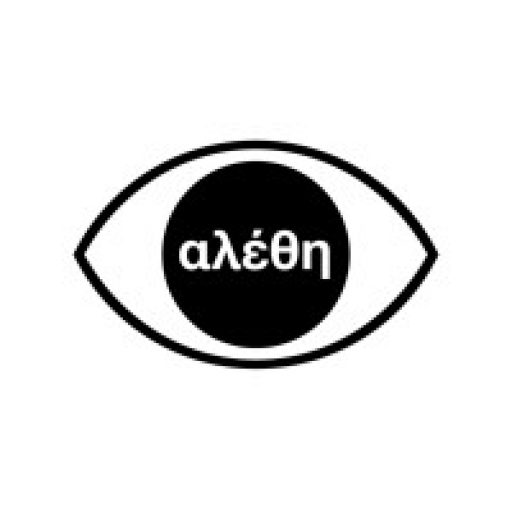(Alice walks past a grand yet imposing university building, a quiet confusion settling over her. Knowledge feels locked away. The experts know things she doesn’t. She hears claims that shape the world—about health, the climate, society—but when she tries to understand them, she finds only barriers. It is as if they are guarding something…
A breeze stirs. A figure steps forward from the shadows, an old man in a simple robe, eyes wise and knowing. He smiles.)
Old man: You are right to wonder. Knowledge should not be kept behind walls. But it was not always this way.
Alice: Who are you?
Old man: A seeker of truth. Long ago, I founded a place where knowledge was not meant to be hidden, but revealed. A place where knowledge was not a tool of power, but a result of asking the right questions.
Alice: (hesitant) You founded… a university?
Old man: Not a university as you know it. It was called Ἀκαδημία (Academia). And do you know after whom it was named?
Alice: No.
Old man: A man called Academus. He was not a ruler, nor a scholar, but he did something great—he revealed a secret.
Alice: What secret?
Old man: Theseus, the King of Athens, had abducted a child—Helen—long before she became the cause of the Trojan war. Theseus hid Helen away within his domain, in the stronghold of Aphidnae, intending to keep her until she was old enough to marry. But Academus, an ordinary Athenian, did not keep the king’s secret. He told her brothers where the child was, and by revealing this, he saved Athens from destruction.
Alice: He betrayed the king?
Old man: He did. But he was loyal to the truth.
(Alice looks at him closely now, realization dawning.)
Alice: …You are Plato, aren’t you?
Plato: (smiling) At your service.
Alice: And you built the Academy on the land of Academus because…
Plato: Because knowledge should reveal, not conceal. My Academy was meant to un-cover, to seek a-letheia (ἀλήθεια), literally, ‘un-forgetting’ or ‘un-concealment.’ The word comes from lēthē (λήθη), meaning ‘forgetfulness’ or ‘hiddenness,’ with the prefix a- (ἀ-) meaning ‘not.’
So, aletheia is not just ‘truth’ in the modern sense—which is often more akin to doxa (δόξα), or to correctness (orthotēs). Aletheia is the act of bringing something into the light, making the unknown—and the repressed—known.
Alice: But that’s not how universities are now. They feel… closed. Controlled.
Plato: Because they have been taken over. They no longer stand apart from power; they serve it.
Alice: So instead of being like Academus, revealing what’s hidden, modern academia protects it?
Plato: Yes. Academics are not supposed to betray the rulers—they keep their secrets.
Alice: Then where does truth come from now?
(Plato’s eyes gleam, and he steps back into the wind.)
Plato: From those who still dare to uncover it.
(Alice stands alone, the wind whispering around her. The great halls of the university look different now, less like temples of wisdom and more like walls keeping something—or someone—inside.)
